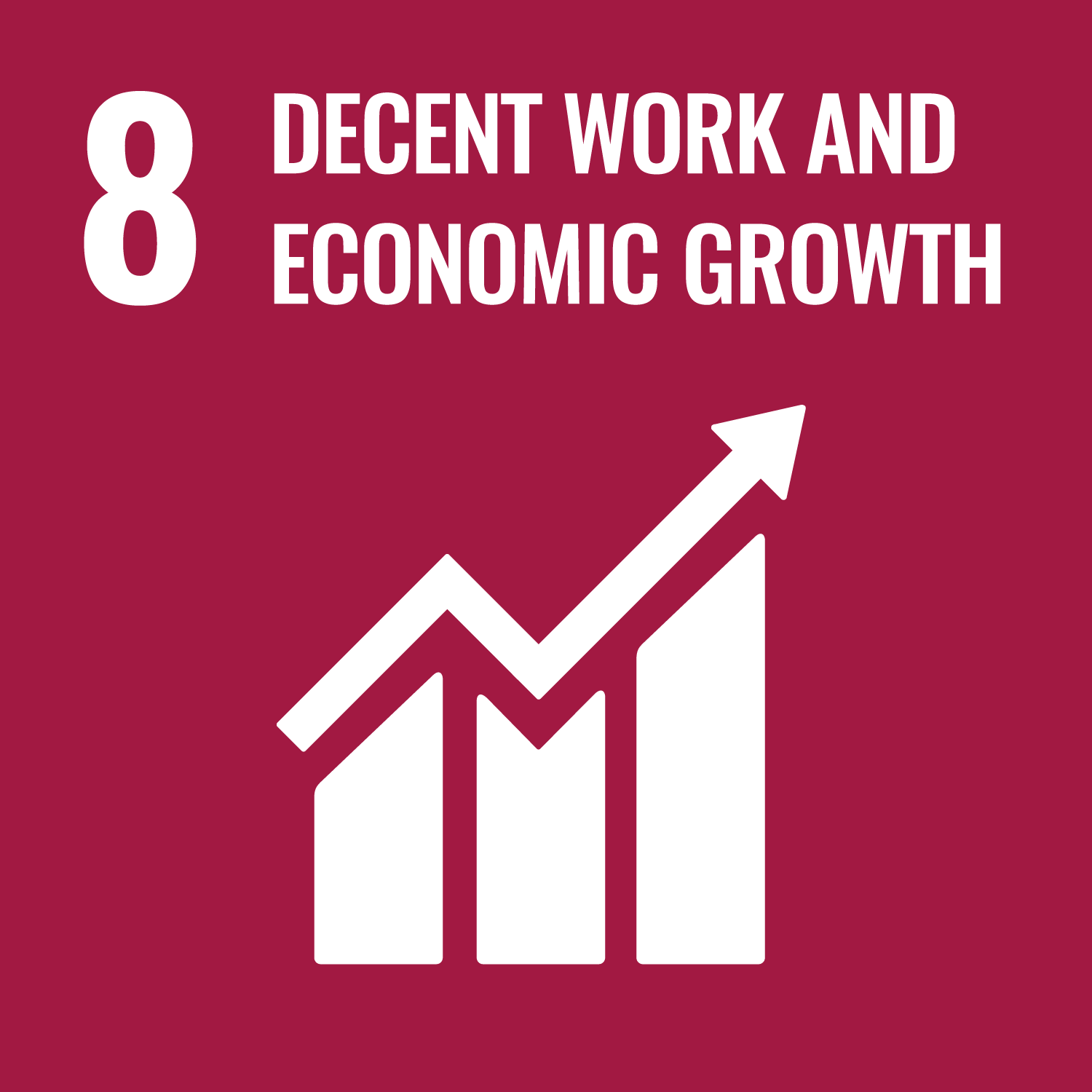Practice
Local, Low-Waste and Low-Carbon Production
Remmarlöv Gårdsbryggeri Remmarlöv, Sweden
Practice description:
The micro-brewery innovates beer products with sustainable ingredients (e.g. more resilient ancient malt variety or a less water-intensive hops variety), and educate the customers about product sustainability through information on beer labels. They source malt locally, and organic ingredients as much as possible. Production is powered by on-site wind and solar energy production and spent grains (draft) are fed to cattle in the local community. Wastewater is treated on-site and reused on the fields of the farm. The beer production is optimized to reduce water, energy and beer loss (heat exchanger, centrifuge).






